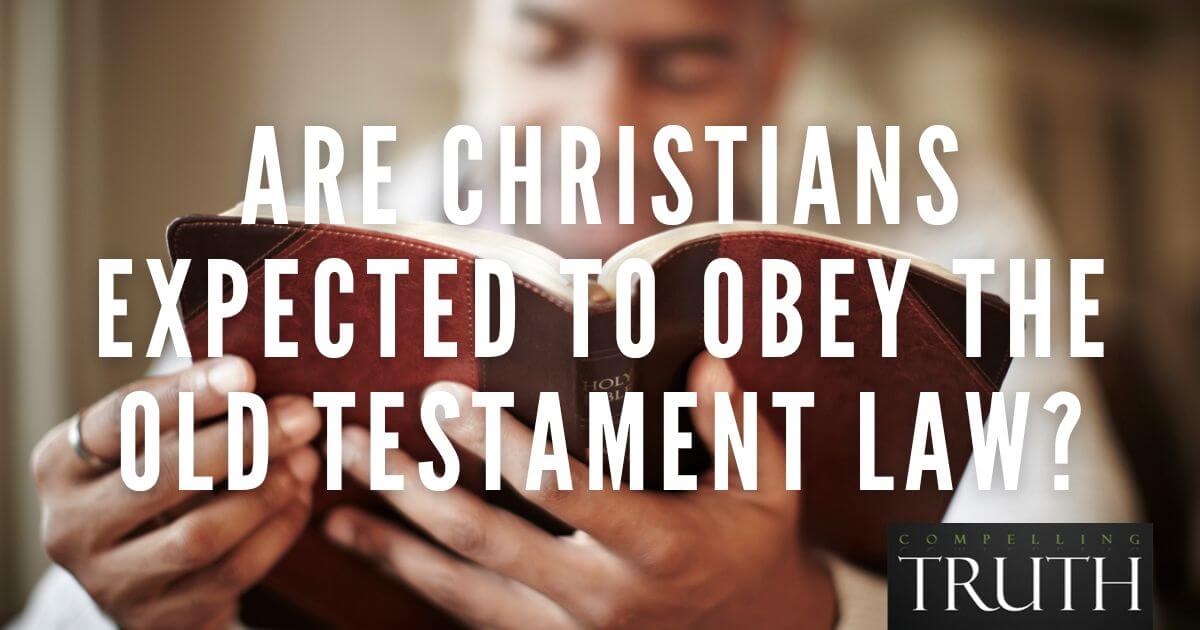Blood has been an important part of the Bible's teachings reaching back to the writings of Moses. Noah was the first person God commanded not to eat meat with blood in it (Genesis 9:3) and blood was often used to represent life (Genesis 4:11; 9:6; 37:22). After Moses told Pharaoh to let the Israelites go and Pharaoh refused, God's first plague was to turn the Nile River into blood as a judgment upon the nation (Exodus 4:9). During the first Passover in the time of Moses, the Lord instructed the people to sacrifice a lamb and put some of its blood on the sides and top of the door to their house. This blood was to protect them from the angel who would put to death the firstborn son of those in Egypt as part of the final plague before the Israelites were freed.
Blood became a symbol of atonement. In Leviticus 17:11 God teaches, "For the life of the flesh is in the blood, and I have given it for you on the altar to make atonement for your souls, for it is the blood that makes atonement by the life." Blood served as the means of atonement for the sins of the Israelites from the time of the tabernacle's construction in the wilderness through the entire temple period until the time of Jesus Christ.
Jesus Christ then fulfilled the law by personally dying on the cross for our sins (Romans 5:8). His blood paid the price for human sin, providing the way for all people to know God personally (John 14:6; Acts 4:12).
Still today, Christians recognize the importance of Jesus sacrificing His blood upon the cross through the Lord's Supper or Communion. This practice follows the command of Jesus, who taught, "And he took a cup, and when he had given thanks he gave it to them, saying, 'Drink of it, all of you, for this is my blood of the covenant, which is poured out for many for the forgiveness of sins'" (Matthew 26:27-28).
While many cringe at the idea of Christianity being a bloody religion, it is by the blood of Jesus that we have been brought near to Him. The apostle Paul instructed in Ephesians 2:13, "But now in Christ Jesus you who once were far off have been brought near by the blood of Christ." Revelation adds that Jesus is the One who "loves us and has freed us from our sins by his blood" (Revelation 1:5).
Today, Christians no longer offer blood sacrifices since Jesus is the fulfillment of the law (Matthew 5:17). Instead, Christians accept the blood sacrifice of Jesus on the cross as sufficient to forgive sin. We remember the sacrifice of His blood in the act of Communion, giving worship to the Lord for providing His One and only Son to offer us eternal life (John 3:16).
Blood became a symbol of atonement. In Leviticus 17:11 God teaches, "For the life of the flesh is in the blood, and I have given it for you on the altar to make atonement for your souls, for it is the blood that makes atonement by the life." Blood served as the means of atonement for the sins of the Israelites from the time of the tabernacle's construction in the wilderness through the entire temple period until the time of Jesus Christ.
Jesus Christ then fulfilled the law by personally dying on the cross for our sins (Romans 5:8). His blood paid the price for human sin, providing the way for all people to know God personally (John 14:6; Acts 4:12).
Still today, Christians recognize the importance of Jesus sacrificing His blood upon the cross through the Lord's Supper or Communion. This practice follows the command of Jesus, who taught, "And he took a cup, and when he had given thanks he gave it to them, saying, 'Drink of it, all of you, for this is my blood of the covenant, which is poured out for many for the forgiveness of sins'" (Matthew 26:27-28).
While many cringe at the idea of Christianity being a bloody religion, it is by the blood of Jesus that we have been brought near to Him. The apostle Paul instructed in Ephesians 2:13, "But now in Christ Jesus you who once were far off have been brought near by the blood of Christ." Revelation adds that Jesus is the One who "loves us and has freed us from our sins by his blood" (Revelation 1:5).
Today, Christians no longer offer blood sacrifices since Jesus is the fulfillment of the law (Matthew 5:17). Instead, Christians accept the blood sacrifice of Jesus on the cross as sufficient to forgive sin. We remember the sacrifice of His blood in the act of Communion, giving worship to the Lord for providing His One and only Son to offer us eternal life (John 3:16).



